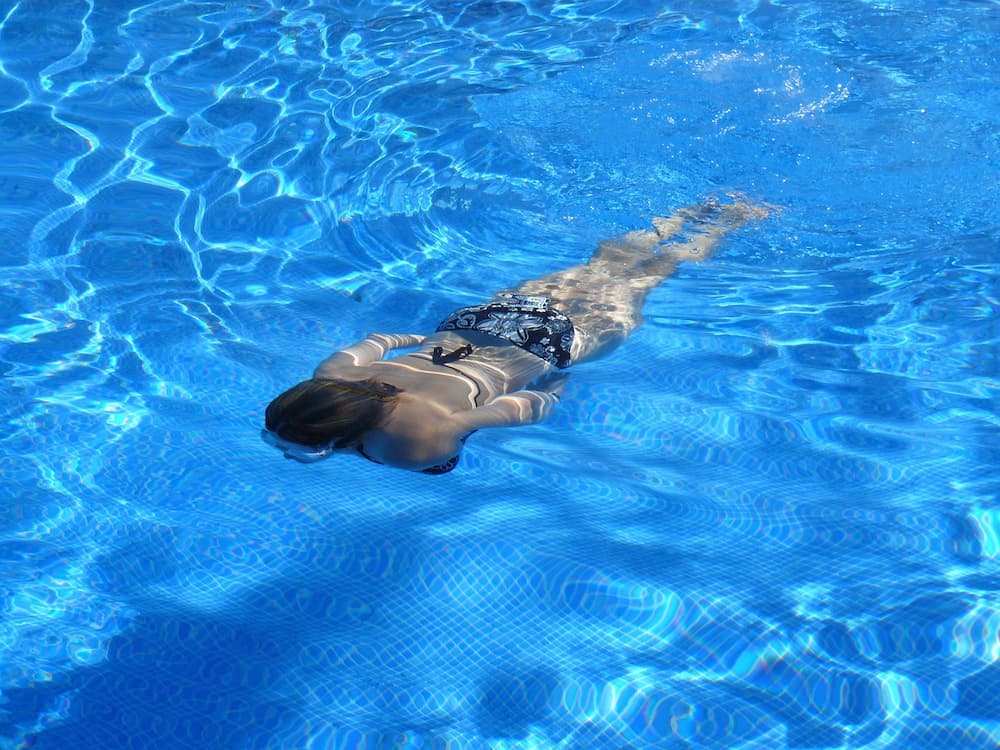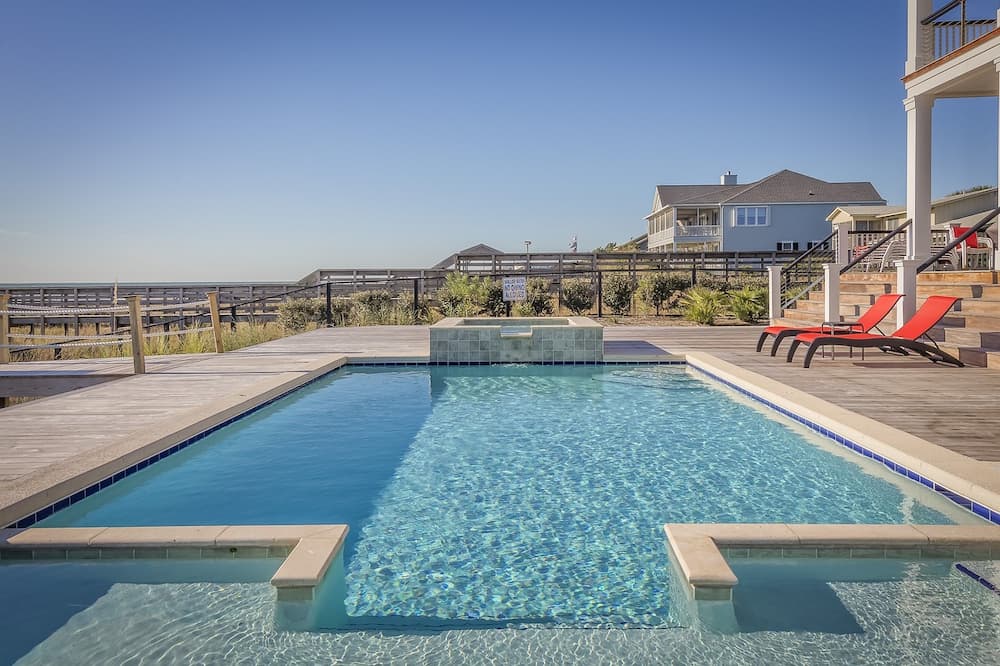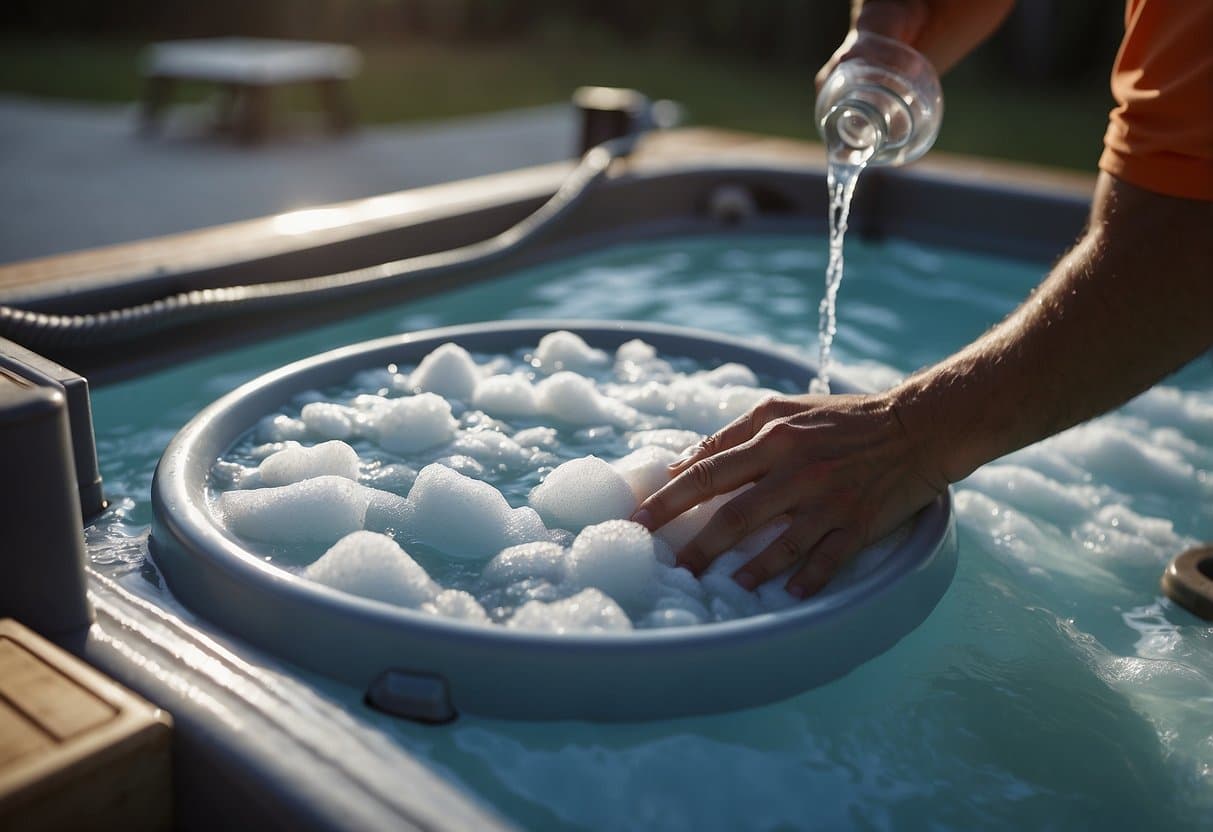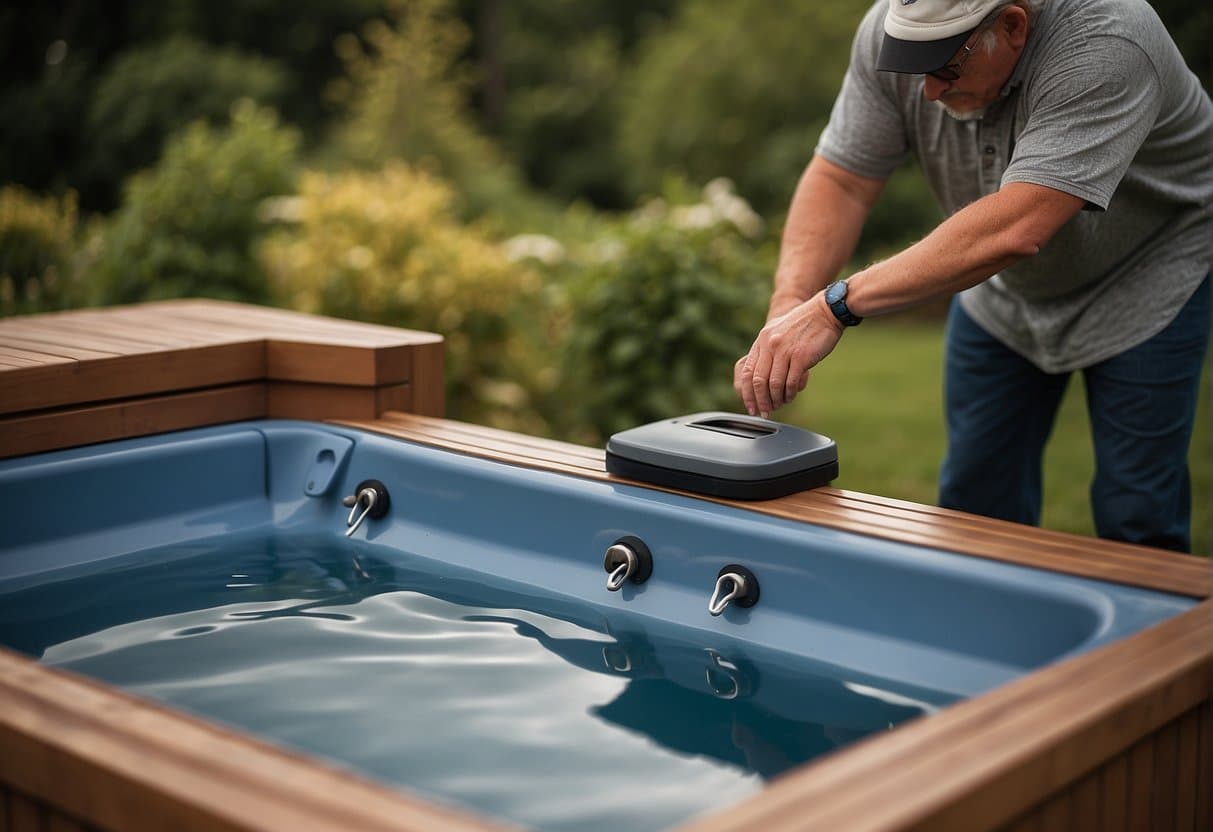When you want to add a swimming pool to your backyard, hiring a professional pool contractor is the best way to go. Finding and deciding to work with a swimming pool contractor in Durham Region is a little more complicated than buying a hot tub. There’s a lot of money that’s being invested and a lot of planning that goes into the construction and there’s a lot that can go wrong. So how do you hire a reliable, trustworthy swimming pool contractor in Durham?
Do you just roll the dice and pick one? Hoping that your good luck will extend from the casino to the contractor. No, of course not! That would be potentially dangerous and costly, considering the budget you are about to commit to the project. Here are a few tips to help you select the best swimming pool contractor for your project.
1. Do Your Research
The best route is to do your homework before hiring someone competent for the job. To make an informed decision about pool installation, you must educate yourself about the process. This involves gaining a technical understanding of pool installations, so you can ask relevant questions and interpret responses you get during the selection process.
The cost of a swimming pool installation in modern times varies significantly based on your location, the scale of your project, and the type of pool you want. On average, a new pool installation in Canada costs anywhere between $25,000 to $100,000 in the vast majority of cases.
It’s not just the installation costs that you have to think about. The maintenance costs are another big part of owning a swimming pool.
Knowing the costs associated with a new pool installation enables you to develop a realistic budget. Also, it helps you to identify swimming pool contractors who are providing quotes that are too good to be true. The technical aspects of swimming pool installation can be pretty complex, and failing to identify the costs associated with a project properly can lead to poor workmanship and expensive surprises down the road.
“Choosing to add a swimming pool to your backyard is a big decision. Choosing which company maintains that pool not only protects your investment, but provides you with peace of mind. Enjoy your new pool with friends & family while we do the work!”
Racquelle from Whitby
Learning every technical aspect of pool installation may not be possible, but by focusing on key areas, you can get a basic understanding of what goes into the installation process. This will also help you to formulate questions that you can ask when vetting potential contractors.
2. Consider Your Options
Once you feel comfortable with the technical aspects of pool installation, it’s time to start looking for a swimming pool contractor. Ask for references from people who have recently had pools installed. You may also want to consider visiting pool showrooms and viewing existing pools, as this will give you a better idea of the standard of workmanship that you should expect.
Reviews and ratings are an important part of the selection process, as they can offer insight into a particular contractor’s performance on previous projects. Online reviews on websites such as Homestars can provide you with honest feedback from previous clients and paint a more accurate picture of a contractor’s abilities.
A reputable pool contractor will always be able to provide you with a list of references and should also have a portfolio of previous projects which can be inspected. If they can’t present you with a portfolio, you might want to keep looking!
After obtaining references, you may want to contact them and get an honest opinion about a contractor’s performance, quality of workmanship, customer service and overall satisfaction.

3. Check the Contractor’s Qualifications
When you have narrowed down your list of potential contractors, you may want to look closely at their competency. A good swimming pool contractor should be able to provide you with proof of qualifications, such as valid certificates or state licenses.
Licenses for pool builders vary from state to state, so you should research the licensing requirements in your area. In most cases, pool builders must have professional liability insurance and be certified in specialized areas like pool design and construction. Before you settle on a swimming pool contractor, ensure they:
- Have important certificates such as plumbing, electrical, and building contractor licenses
- Are insured for professional liability
- Have the right permits and comply with all local regulations
- Adhere to safety and quality control protocols
- Provide detailed written contracts outlining the scope of work
- Provide warranties for their work
- Have experience in building pools of your desired type and size
Given the lack of regulations, building codes, or inspections within the swimming pool industry, the quality of your pool construction will rest almost entirely on the contractor’s skill and experience. Get the right pro for the job and you’ll be sure to get a stunning pool that will add value to your home. Miss the mark and you could be in for some costly surprises.
4. Discuss Your Project
Before you get into the financial nitty-gritty of your pool project, you should ensure that you are on the same page with your contractor regarding what you want from the project and how it will be executed.
Take some time to discuss your vision with the contractor and explain what you want from the project, such as a design that blends with the landscape or a pool type that will suit your needs. Important points to consider include:
- The size, shape, and depth of the pool
- Any additional features you may want – steps, a spa, etc.
- Materials and finishes that you prefer – tiles, coping, etc.
- Accessories like lighting and water features
- Maintenance requirements
- Expected timeline for completion
- Budget
The contractor will advise you on the best options according to your needs and budget, so take the time to clearly understand what the project will entail and what it will likely cost. Depending on the contractor’s recommendations, you may need to tweak your plans. This will ensure that you end up with a pool that meets your requirements and fits within your budget.

5. Discuss Payment Terms
Have a frank discussion with your swimming pool contractor about payment terms and expectations. Many contractors will require a down payment prior to beginning the project, with balance payments due at various points throughout the construction process.
The deposit usually covers materials and services required initially, such as permits and special orders. Many contractors usually demand the final payment upon completion or after you have accepted the pool and are satisfied with the work.
Find out what payment methods they accept and ask if any discounts are available. If you need financing, ask if they offer any payment plans. Make sure you also inquire about warranties, extended maintenance coverage options, and other services that may be available.
6. Get Everything in Writing
Finding a suitable contractor is only part of the process, but coming to terms with a contract is just as important. All too often, verbal agreements and assumptions may lead to misunderstandings and costly claims. It’s essential to ensure that all the details discussed during your meetings, whether in-person or remotely, are documented and mutually agreed upon to guarantee that your pool meets your exact specifications.
A good contract should include details about the following:
- Excavation and concrete work
- Scope of work and project timeline
- The size, type, and design of the pool
- Detailed drawings and photos of the pool
- Payment terms and pricing for the job
- Materials and equipment to be used
- Maintenance requirements and warranties
- Inspection requirements by local authorities
- Water testing and chemical balancing
- Lighting, heating, landscaping, and other pool features
- Approvals from local authorities
- Insurance certificates
- Any additional services required
The contract outlines expectations and agreements between both parties, protects you in case the contractor fails to deliver, and should provide clarity about the job and its costs. You always have that contract to refer back to should a disagreement arise, and you can use it to protect your interests in legal proceedings.
7. Sign The Contract and Monitor the Progress
Once you have everything in writing and all parties are satisfied with the terms, you can then sign the contract. Upon signing, you should also receive copies of all documents, permits, approvals and other paperwork related to the project.
Your contractor will begin work on the project and you should keep an eye out for progress. Be available to answer questions or make decisions when needed; this will ensure that the project is on time and within the agreed-upon budget. You can also use this opportunity to provide other ideas and feedback or make further adjustments to the design.
You’ll be kept in the loop about when certain activities should happen and you can use that timeline to gauge how the project is progressing. When inspecting progress, make sure to follow all safety protocols and take note of any issues you spot. Also, be prepared to pay additional costs that may arise due to unforeseen circumstances or changes in the project.
Final thoughts
Before committing to any swimming pool contractor, it’s always important to read, understand and agree with the contract terms. Ask any questions that arise beforehand so you’re both on the same page. Both parties are held accountable for delivering on their promises by signing a contract.
Ultimately, the goal is to find an experienced, reliable contractor who will provide you with a quality pool that meets your needs and fits into your budget. Do some research, communicate clearly, and get detailed proposals from the contractors you are considering. That way, you can rest assured that you will end up with a beautiful backyard oasis that you can enjoy.





